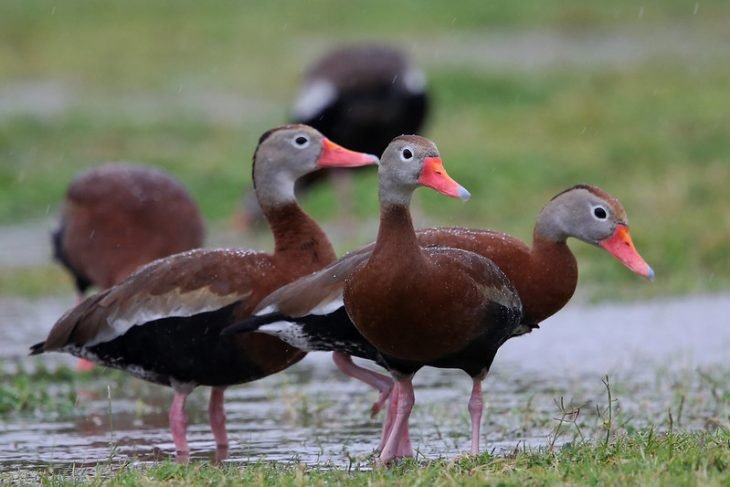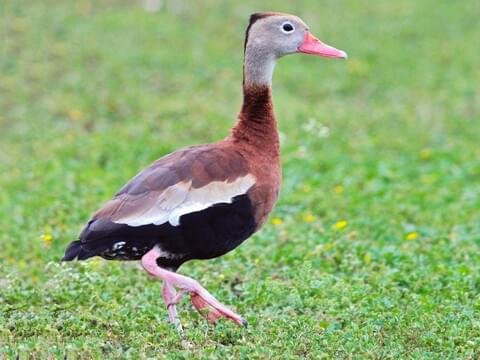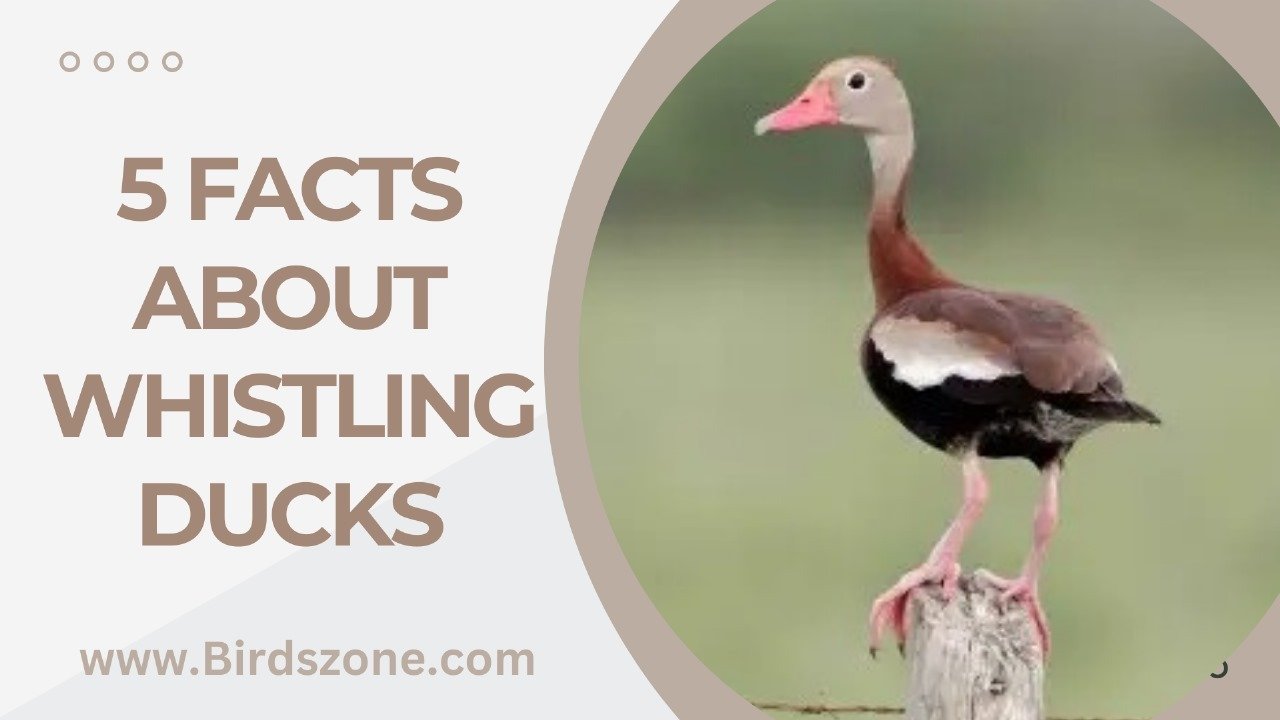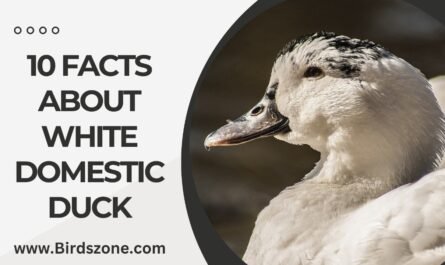Whistling ducks, often misinterpreted as geese due to their similar appearance, are fascinating waterfowl with unique characteristics that set them apart. From their distinct sounds to the fascinating behaviors they exhibit there’s much to discover about this intriguing bird species – here are five fascinating details about whistling ducks!
Unique Vocalizations

Whistling ducks stand out from other species by producing beautiful whistling noises – hence their namesake! Not only are these calls used for communicating, but also as a method of keeping contact with their flock and maintaining contact between themselves and them. Each type of whistling duck has their own distinct voice from gentle whistles to powerful sharp sounds – each contributing in their own special way towards maintaining contact between themselves.
Nocturnal Feeding Behavior
One of the most fascinating characteristics of whistling ducks is their unique feeding behaviors at night. Contrary to many diurnal ducks who prefer being active during daylight hours, whistling ducks prefer feeding at night in wetlands, marshes, and grasslands – with sharp eyes and delicate bills they are adept at searching out food sources such as crustaceans, insects, aquatic vegetation etc.
Whistling Ducks With Beautiful Plumage
Whistling ducks boast colorful plumage that adds much appeal to their species. Their feathers come in shades ranging from black, brown and gray through white – each species having unique markings making it stunning to look at! During courtship displays or shows males may even display bright feathers to attract potential partners.
Sociable Nature

Whistling ducks are highly social birds that form large groups during non-breeding season, especially bathing, preening and singing to form bonds within their flock. Their gatherings also help ensure security when feeding locations change as well as share details about potential dangers in an effective manner.
Threats and Conservation
Whistling ducks face multiple threats to their existence. Habitat loss due to human activities like urbanization, agriculture and flooding of wetland areas poses major problems; predation by introduced species increases vulnerability further still. Conservation efforts have therefore been initiated in order to preserve vital habitats while controlling hunts in order to safeguard these beautiful species for future generations of birds.
Conclusion
The whistling duck is an intriguing animal with many intriguing qualities. From their nocturnal feeding habits and vibrant plumage to their charismatic personality, you will undoubtedly find something captivating about these waterfowl. As guardians for nature it is vital that we support conservation efforts which ensure their future along with that of their habitats.
Q&A
Q1 (Whistling Ducks and Their Chance of Survival)
A1: While certain species of whistling ducks are threatened with extinction due to habitat destruction and hunting pressures, others still exist and conservation efforts are currently being implemented to preserve endangered populations as well as their environments.
Q2: Do whistling ducks move?
A2: Yes, various species of whistling ducks participate in seasonal migration cycles to find suitable environments and food sources for reproduction and nourishment. Migration patterns differ between species and populations.
Q3: Do Ducks that Whistle Communicate Their Messages?
A3: Whistling Ducks convey their messages through various vocalizations such as whistles, calls or soft chattering sounds. Vocalizations play an integral part in maintaining social bonds and organizing group activities.
Q4: What do whistling ducks eat for dinner?
A4: Whistling ducks follow an omnivorous diet, eating aquatic plants, seeds, insects and crustaceans from aquatic environments as well as terrestrial environments such as fields. Their specialized bills enable them to navigate mud areas while hunting at night for sustenance sources.
Q5: Can ducks that whistle fly?
A5: Yes, whistler ducks can certainly fly and have been known to cover long distances when migrating across large bodies of water, including grasslands, wetlands and coastal environments. With their long wings and slim bodies they’re adept at moving through diverse environments without encountering difficulties like air resistance.



